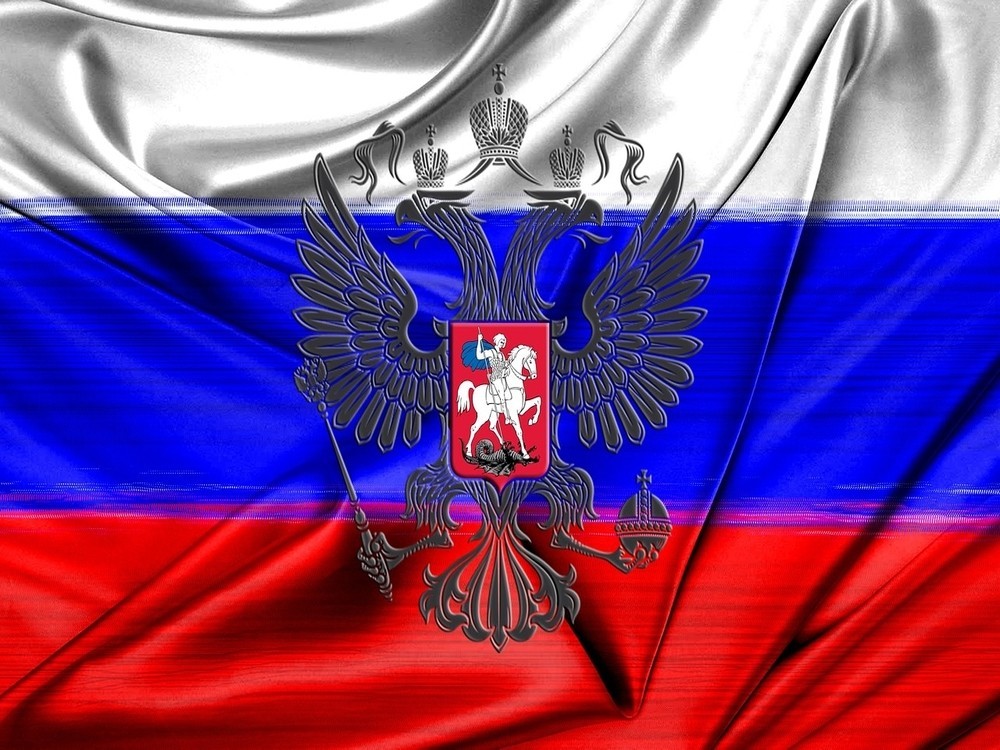The media outlet, Reuters, just reported that the first deputy governor of the Central Bank of Russia (CBR), Sergei Shvetsov, confirmed that the country intends to ban cryptocurrency exchange platforms from operating within the borders of the Russian Federation. Exchanges that offer users optionsy to participate in markets, such as Bitcoin and Ethereum, will cease operations in the country as soon as 2018.
Shvetsov confirmed the CBR's plans during his address at the financial markets conference earlier today, when he noted that Bitcoin's dubious nature could pose a great threat to individual and institutional investors alike. According to Shvetsov, the bank felt that it is their duty to protect Russian investors from the extremely volatile cryptocurrency industry.
Surprisingly, Shvetsov’s latest address is in stark contrast with the bank’s previous, and somewhat progressive, attitude towards cryptocurrency. Last month, the country’s Finance Minister, Anton Siluanov, indicated that Russia might adopt a friendly stance towards cryptocurrency. During his address at a financial forum hosted in Moscow, the Minister implored the Russian government and financial agency officials to adopt an accepting attitude towards cryptocurrency. Siluanov stated that it was senseless to ban the industry, and that the country should seek to regulate cryptocurrency instead.
However, CRB’s deputy governor maintains that the ban is purely for the protection of Russian citizens and firms. Shvetsov added in his address that investing in the highly volatile cryptocurrency agency would pose an unnecessarily large risk to their citizens.
Russia has previously imposed minor blocks on cryptocurrency exchange platforms. In the beginning of 2016, the country’s telecom regulating agency, Roskomnadzor, imposed a temporary block on the European exchange platforms, BTC-e and Bitstamp. The two platforms and their related sites were temporarily placed on a blacklist shared by all Russian internet service providers (ISPs).
In 2015, Roskomnadzor also blocked several websites linked to Bitcoin and Bitcoin exchanges. This move led many to believe that Russia would soon impose a blanket ban on cryptocurrency activity within its borders. However, the suggested ban was never approved by the Russian court. In addition, last year September, the same telecom regulator, blocked users’ access to LocalBitcoins, one of the world’s most popular peer-to-peer exchange platforms.
While surprising, Shvetsov’s latest comments do align with similar sentiments recently expressed by the country's Deputy Minister of Finance, Alexei Moiseev. During an interview in August, Moiseev stated that cryptocurrency investments carried high-risks, not unlike that of pyramid schemes. In addition, the deputy minister hinted that the country will likely only allow qualified and registered investors to partake in the industry.
Shvetsov confirmed the CBR's plans during his address at the financial markets conference earlier today, when he noted that Bitcoin's dubious nature could pose a great threat to individual and institutional investors alike. According to Shvetsov, the bank felt that it is their duty to protect Russian investors from the extremely volatile cryptocurrency industry.
Surprisingly, Shvetsov’s latest address is in stark contrast with the bank’s previous, and somewhat progressive, attitude towards cryptocurrency. Last month, the country’s Finance Minister, Anton Siluanov, indicated that Russia might adopt a friendly stance towards cryptocurrency. During his address at a financial forum hosted in Moscow, the Minister implored the Russian government and financial agency officials to adopt an accepting attitude towards cryptocurrency. Siluanov stated that it was senseless to ban the industry, and that the country should seek to regulate cryptocurrency instead.
However, CRB’s deputy governor maintains that the ban is purely for the protection of Russian citizens and firms. Shvetsov added in his address that investing in the highly volatile cryptocurrency agency would pose an unnecessarily large risk to their citizens.
Russia has previously imposed minor blocks on cryptocurrency exchange platforms. In the beginning of 2016, the country’s telecom regulating agency, Roskomnadzor, imposed a temporary block on the European exchange platforms, BTC-e and Bitstamp. The two platforms and their related sites were temporarily placed on a blacklist shared by all Russian internet service providers (ISPs).
In 2015, Roskomnadzor also blocked several websites linked to Bitcoin and Bitcoin exchanges. This move led many to believe that Russia would soon impose a blanket ban on cryptocurrency activity within its borders. However, the suggested ban was never approved by the Russian court. In addition, last year September, the same telecom regulator, blocked users’ access to LocalBitcoins, one of the world’s most popular peer-to-peer exchange platforms.
While surprising, Shvetsov’s latest comments do align with similar sentiments recently expressed by the country's Deputy Minister of Finance, Alexei Moiseev. During an interview in August, Moiseev stated that cryptocurrency investments carried high-risks, not unlike that of pyramid schemes. In addition, the deputy minister hinted that the country will likely only allow qualified and registered investors to partake in the industry.

